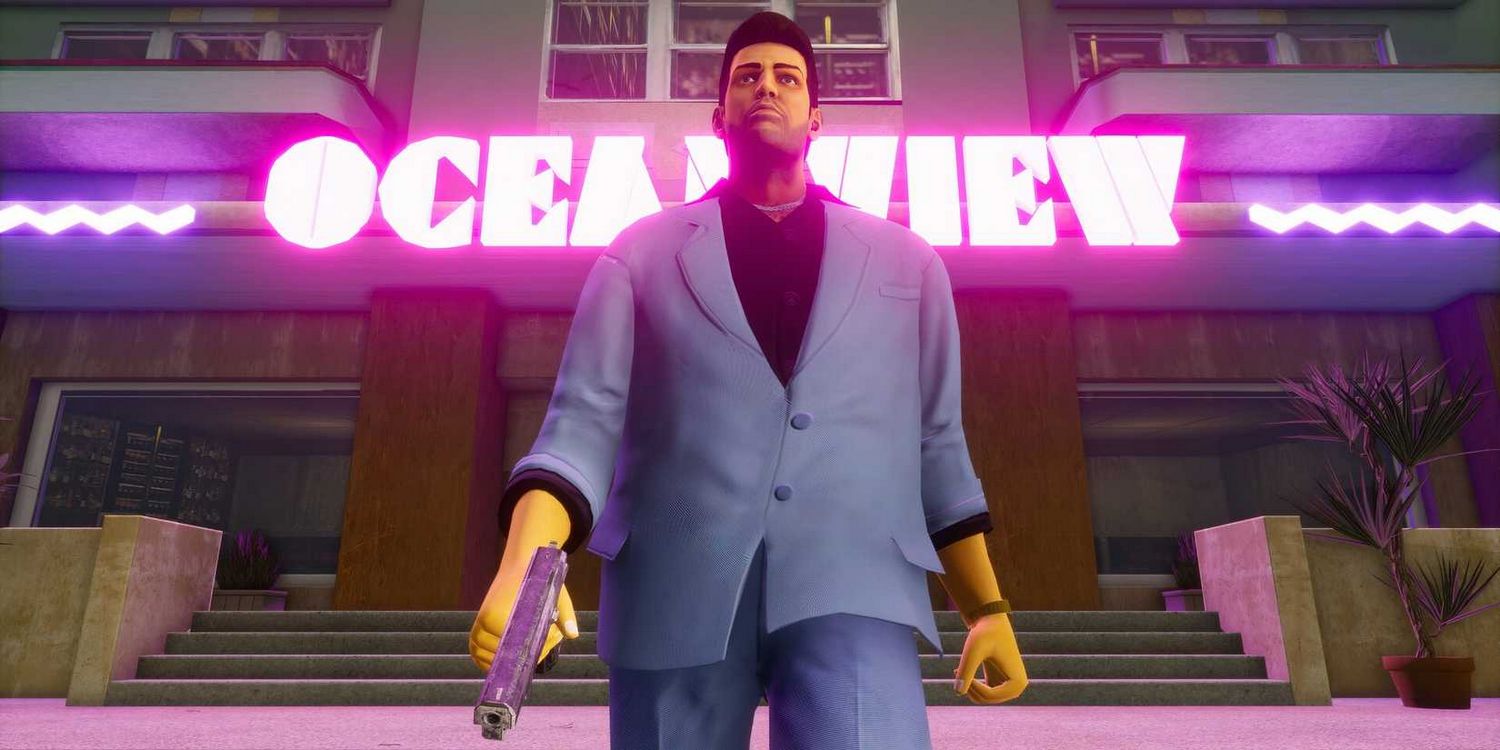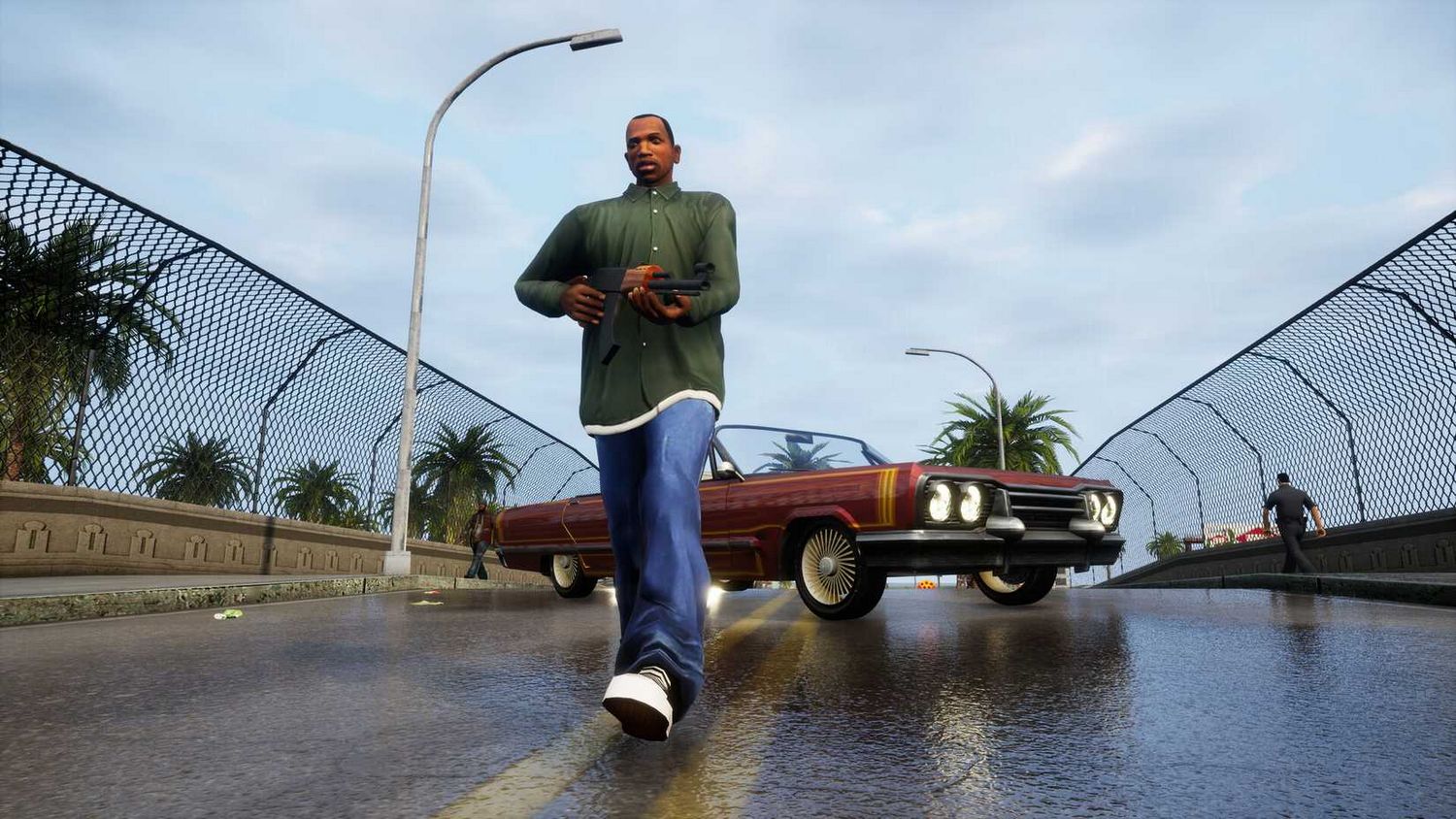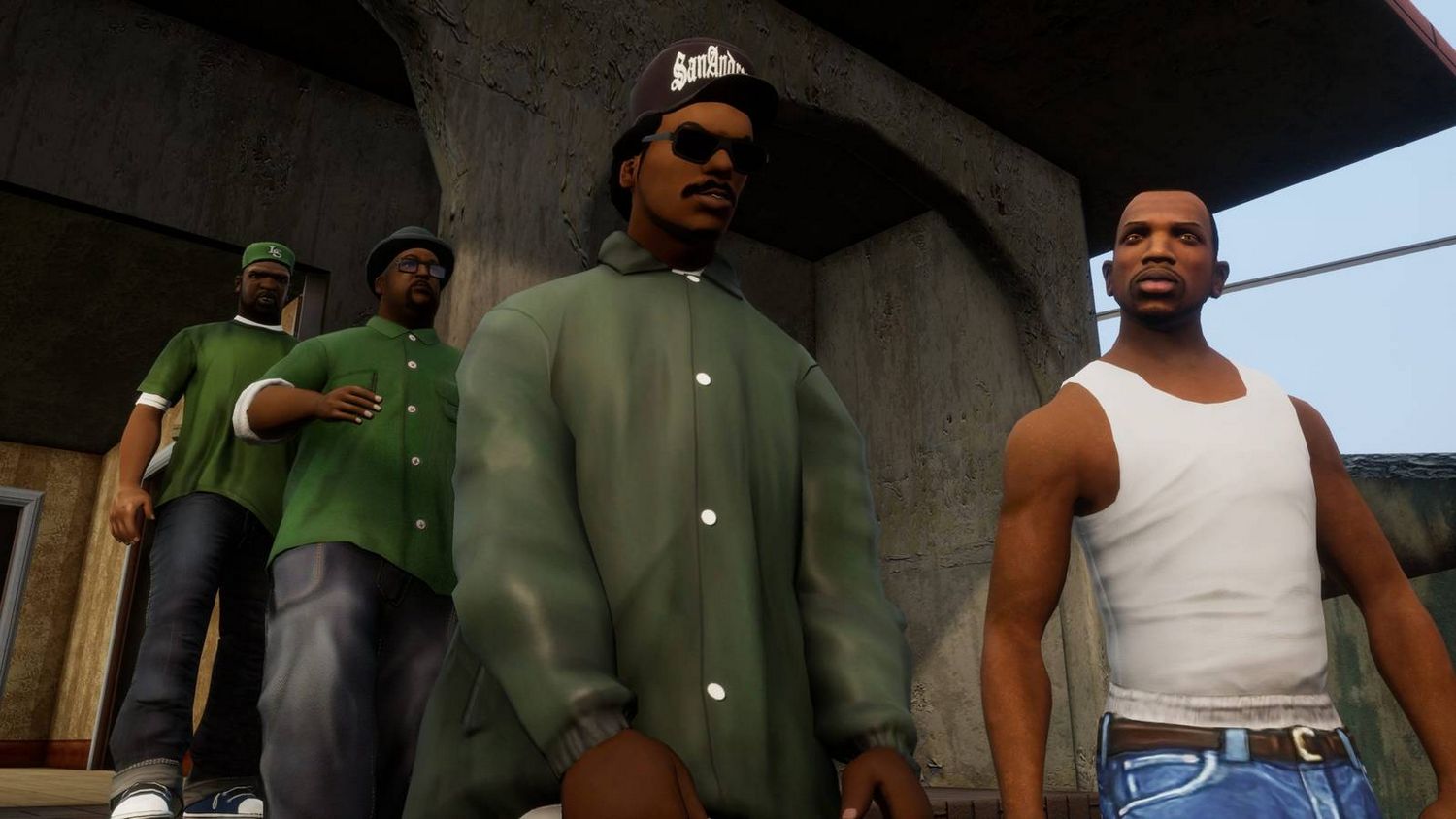University of Tennessee Launches Groundbreaking Grand Theft Auto History Class
Popular Now
 Geometry Dash
Geometry Dash
 League of Legends
League of Legends
 Genshin Impact
Genshin Impact
 Brawl Stars
Brawl Stars
 Schedule I
Schedule I
 Valorant
Valorant
 Stumble Guys
Stumble Guys
 CarX Street
CarX Street
 Poppy Playtime
Poppy Playtime
 Warframe
Warframe 
In a move that solidifies the academic recognition of video games as a cultural and historical medium, the University of Tennessee has announced a new undergraduate course titled “Grand Theft America: U.S. History Since 1980 through the GTA Video Games.” The class, set to begin in January 2026, will use the satirical and detailed worlds of the Grand Theft Auto series as a framework to explore real-world American history, politics, and culture. This innovative course, taught by history professor Tore Olsson, has already generated significant interest and debate within the academic community and the wider gaming world.
Professor Olsson, who previously taught a similar course using Rockstar’s other historical masterpiece, Red Dead Redemption, has stated that the class is “much more about American history than the games themselves.” The core idea is to use the fictional worlds of Liberty City, Vice City, and Los Santos as a lens to understand real-life social, political, and economic transformations. Students will not be required to own or play the games, as the course will utilize curated clips, academic readings, and lectures to facilitate discussion. The course syllabus promises to cover a range of crucial topics, including the rise of deregulation in the 1980s, the Los Angeles riots of 1992, the impact of post-9/11 security culture, and the role of mass media and pop culture in shaping our collective understanding of America.
 The Academic Merit: From Entertainment to Educational Tool
The Academic Merit: From Entertainment to Educational Tool
While the idea of a college course centered on a series as controversial as Grand Theft Auto might seem strange, the academic community has increasingly recognized the value of video games as a subject of serious study. As a dominant form of popular culture, video games can offer a unique and compelling way to explore complex historical events. Professor Olsson has highlighted how the GTA series, through its use of satirical radio stations, political commentary, and detailed world-building, provides a “window” into the eras they parody. For example, he plans to use Grand Theft Auto: San Andreas to discuss the origins and lasting impact of the 1992 LA riots, a pivotal moment in contemporary U.S. history.
The course will also examine the games’ portrayals of various social issues, such as the war on drugs, police brutality, and income inequality, and compare these fictional depictions to the real historical record. The goal is to encourage students to think critically about how pop culture shapes our views and to understand the historical context behind the very issues that the games are satirizing. This approach aligns with a growing trend in higher education to use popular and engaging media as a hook to draw students into complex and challenging subjects. This kind of novel course also generates a significant amount of buzz and is a great source of high-CPC keywords for the university’s outreach efforts.
 GTA 6 and the Future of the Course
GTA 6 and the Future of the Course
One of the most interesting aspects of the course is its timing. The class is scheduled to begin in January 2026, four months before the official release of Grand Theft Auto 6 in May 2026. Professor Olsson had originally planned to include the new title in his curriculum, but the game’s official release date was pushed back. Despite this, the course will proceed as planned, focusing on the historical periods covered by the previous games in the series. The professor has confirmed that once GTA 6 is released, he plans to revise the course in future semesters to incorporate the new game’s narrative and setting. This demonstrates the long-term potential of the course and its ability to adapt to new content and evolving cultural conversations.
The creation of a course like “Grand Theft America” marks a turning point for the public perception of video games. Once dismissed as a niche hobby for a select few, they are now being taken seriously by esteemed academic institutions as a valid and valuable tool for education and cultural analysis. It shows how the gaming industry has matured, and how its products can be used not just for entertainment, but as a lens to understand and reflect on our own history. This is a powerful testament to the influence of games and their ability to shape how we view the world, one satirical city at a time.








 The Academic Merit: From Entertainment to Educational Tool
The Academic Merit: From Entertainment to Educational Tool GTA 6 and the Future of the Course
GTA 6 and the Future of the Course